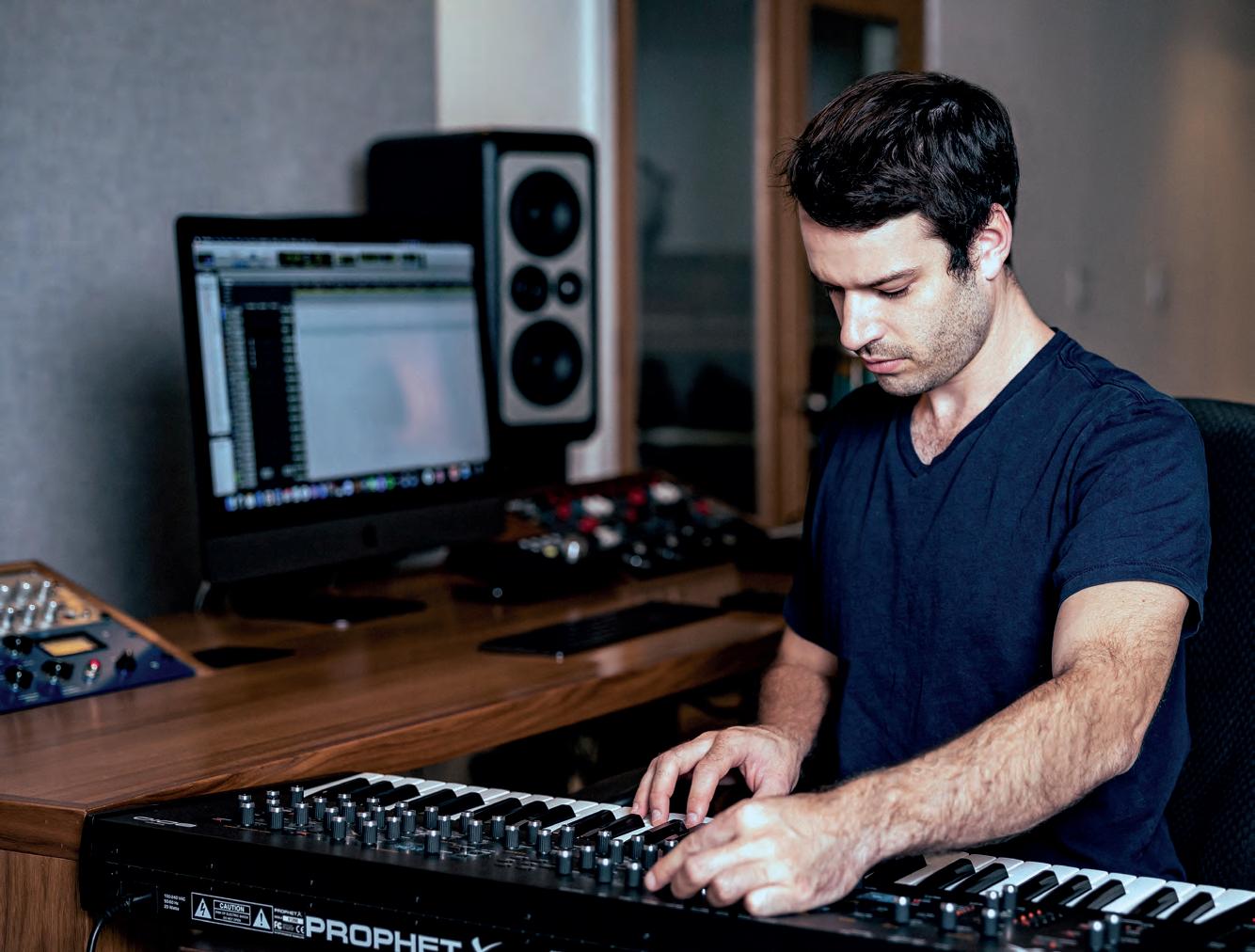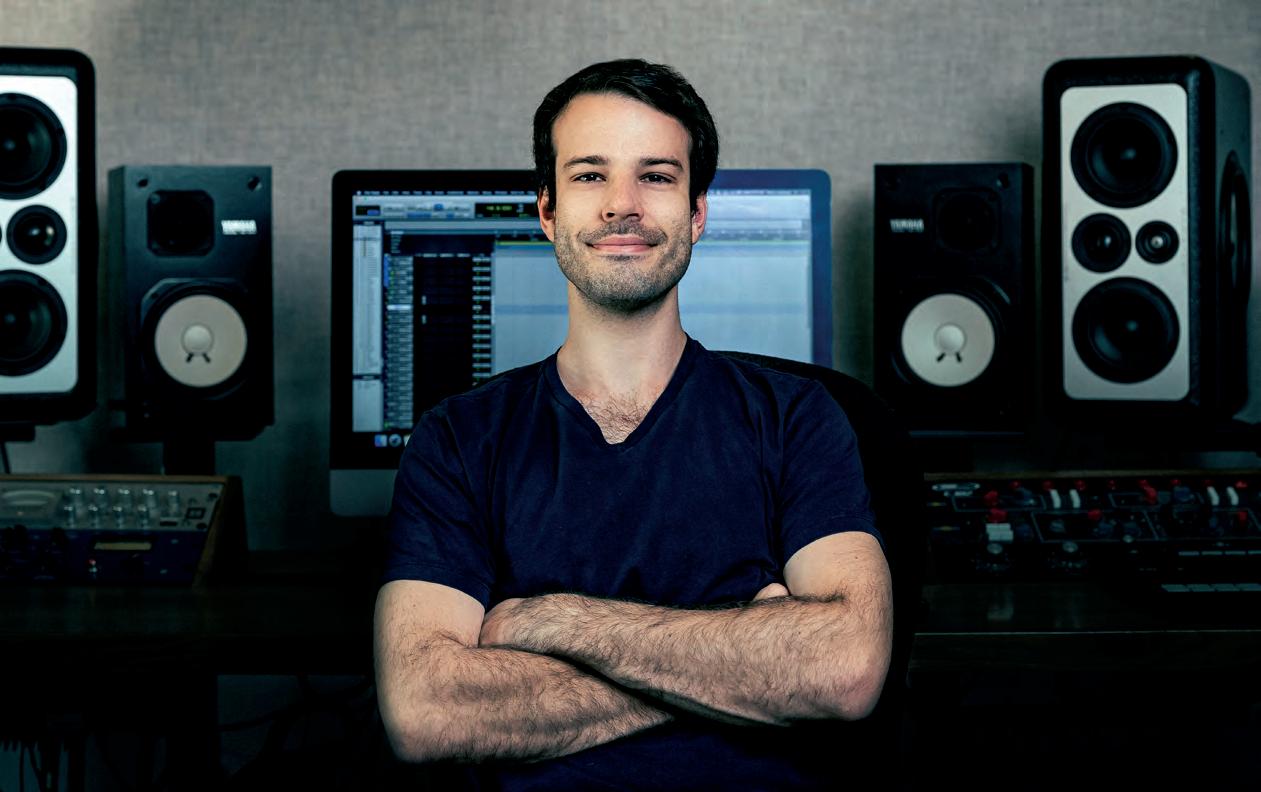
15 minute read
Feature: Making Yourself Heard
MAKING YOURSELF HEARD
When you’re a multi-platinum, award-winning record producer, living in LA and working with some of the world’s biggest artists, fame could quite easily go to your head. Not for a Reed’s boy though! Instead, Nolan Lambroza (Bristowe 2008), aka Sir Nolan, remains grounded and independent minded. He has used the tumultuous pandemic year to refocus on what’s important by reflecting, reassessing and rediscovering himself. Not easy when you work in an industry that is all about the image you project.
Advertisement
We were delighted when Nolan agreed to be interviewed for The Reeder (sadly no flight out to LA for the Editor though!). His thoughts make for contemplative reading.
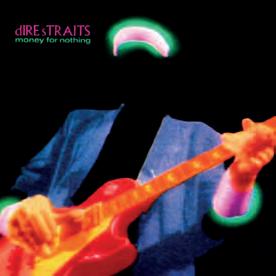
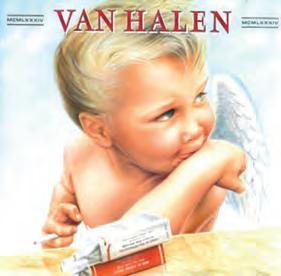

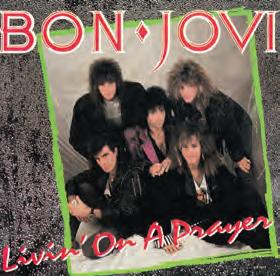
What did you enjoy most at Reed’s and did it have an impact on what you are doing now?
When I was four years old, my family and I moved from the US (Virginia) to Stockholm, Sweden, then to Surrey a year later. Although I very much spoke the same language, I wasn’t familiar with English culture so, when I first started at Reed’s, I had trouble fitting in. The music building at Reed’s became my regular haunt as I could relate to my musically inclined peers and found common ground. It was the first time since living in the UK that I felt understood.
What I enjoyed most at Reed’s was spending time with my music school classmates and building relationships that would span the next 15 years. My best friends from Reed’s now live in Los Angeles and we are still close today: shout out to Jake Faun (Bristowe 2008) and his older brother Max (Bristowe 2007). I learned a valuable lesson early on: find your people. Even now, I have a very small group of close friends, on whom I can count absolutely. My business is full of pretenders, opportunists and Machiavellian characters. It can be hard to decipher who has genuine intentions and who hasn’t. Reed’s is where I developed my gut instinct for people; today it’s my most useful tool.
If you had to do an ‘elevator pitch’ how would you describe what you do professionally?
Here’s the elevator pitch: I help write the best song possible, and then I begin the process of recording it. I play and record most of the instruments on the track. I coach the artist as we ‘cut’ (industry term for record) the song. I weave dynamics and tension/release through different sections of the song and then I blend everything together in a program raining, the music gear was cumbersome and, to top it all off, we didn’t get paid. We went back to our dorm soaked through and despondent.
The band comprised Bryce Vine (the singer), Nick (the producer and coperformer) and me (the guitar player). A couple of hours later, Nick and Bryce started writing a new song and I watched them completely transform from being dispirited to glowing with excitement. That’s when I first realised the power of writing. It gets the endorphins going, serotonin and dopamine stream into your brain. That’s when I realised I wanted to stay behind the scenes; I wanted to write songs, not perform them in front of people.
Luckily for me, whilst at Reed’s, I had also taken Mr Jenkin’s music technology course which allowed me to soak up recording experience and develop a foundation in music technology and producing that I would build on for the rest of my life. This was invaluable. I learned that the power of a good song can raise your spirits and infuse selfconfidence (which I was seriously lacking as teenager). Later I learned that the power of a great song can truly change your life. For me that song is Jealous by Nick Jonas, my first No 1 hit.
called ProTools. I then ‘bounce’ (industry term for export) the song from ProTools into an MP3 format that can be shared with the artist and their label, almost ready for release.
But here’s another explanation of what I do: I interpret and present. The artist or songwriter communicates to me the type of emotion or story they’d like to convey in a song; I interpret their vision, then create something tangible. I’m a bit like a commissioned painter, equipped with a palette that has every colour, all the brushes and a blank canvas where my lyrics describes the picture they see in their mind and the instruments and recording equipment bring their vision to life. I produce content for musical artists that can be shared, sold, exploited. Without a producer a song is just words and notes on a page.
Can you tell us about your journey from Reed’s into music production? Did you always want to write?
No, not really. I’m a sucker for great song intros. Dire Straights (Money for Nothing), Bon Jovi (Living On A Prayer), Deep Purple (Smoke on the Water), Madonna (Like A Prayer), Van Halen (Jump). I always wanted to become the best guitar player there ever was and perform live in front of thousands, probably when I should have been paying more attention in Mrs Lawrence’s English class reading Steinbeck’s Of Mice and Men…
Whilst I completed my GCSEs and studied for A Levels, I practised non-stop. My grades and my social life suffered significantly but it didn’t phase me. I was determined. Fast forward to Berklee College of Music in Boston, I was in my second year and in a band with my two dorm mates. We’d finished a show performing on a day cruise boat; it was
Which comes first when writing: the song that’s matched to an artist, or the artist for whom you write the song?
It’s always different. Songs are usually best written from a true place, so whether I’m with an artist in a room or sitting with a songwriter, we try and write the most authentic song possible and then find the right home for it.
How do you keep your music fresh and new when there’s pressure to stick with what works and what gets the downloads?
Music moves quicker than ever now because of how easy it is to create and share songs. With a laptop and a simple program like GarageBand, anyone can create a record and self-publish it online; no record label necessary. This has drastically changed the landscape of how music is consumed. To really know what’s fresh you have to constantly be checking in with the younger community online. It’s easy to know what people my age will like because my generation came up listening to the same music, we grew up at the same time and experienced the world changing together. However, someone who has just turned 17 is living a different contextual life.
Teenagers make for great fans. They go to shows; they buy merchandise; they identify a piece of themselves in the song; they resonate with the music they listen to and they use it as an aid to get through some of the most challenging years. I have to tap into the platforms that teenagers use and spend time adjusting to how they see the world. A great way to do this is to work with young professionals, so I have a publishing company where I sign new talented writers and producers. My team nurtures their talent and helps them navigate the industry. My signees open my eyes to what younger generations care about and what they want from music. It’s a constant effort to stay in the know.
Every generation thinks their music is better but, funnily, music hasn’t changed all that much over time. It’s just repackaged and rebranded every few years. In the end my music is a compromise between what I love to make infused with something that’s current and relatable to what’s going on in the world.
How and where do you get into the right headspace to write?
Inspiration is everything to the writing process. On a good day it just flows. On a bad one, it can be a difficult beast to wrangle because inspiration is incredibly sensitive. It folds under pressure; it hides when confronted and it disappears with any disturbance in your life. The most important thing when getting ready to create is to be honest with yourself about how you are feeling. Music is best when it is true, so I have found that it’s good to lean into whatever feelings you are having that day.
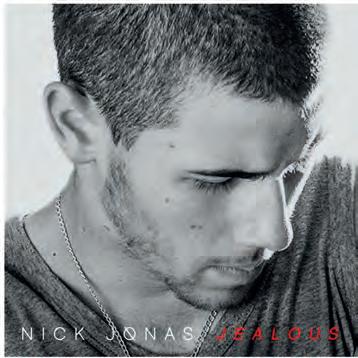
Finding balance in my life has been invaluable for recharging my creative fuel tank. New experiences and relationships open us up creatively, they break open the brain’s default neural pathways and create new ones. When music was a hobby, it was less pressure because I could pick and choose the times I was ready to write. Today, I have multiple sessions with collaborators scheduled through the week. It’s a job now. I have to do it even if I’m not feeling it.
I’d say the most important thing to do when writing – and perhaps as a general piece of advice – is to stay present. I put my phone away, I shut my door, and I engage with the artist or songwriter I’m working with that day. When you are present making music, you are truly in it. Similar to a 500m sprint runner who’s just heard the starting pistol. You can’t be thinking about what your friends are doing, how your relationship is going, how well the other competitors are doing; you must focus only on what is in front of you, otherwise what you are trying to accomplish will be diluted. I fall victim to urgent text messages, incoming emails, knocks on my door all of the time. My mind will wander and I’ll start tuning out of the music I’m making, but that’s natural. It takes discipline to stay connected and engaged. I’ve been working on managing my headspace for years now. It’s a never-ending process of checking on yourself and developing tools you can use to stay present, stay inspired and not fear failure. I recall Boris Becker famously saying he forgot about each shot he’d just taken and focused only on the next one.
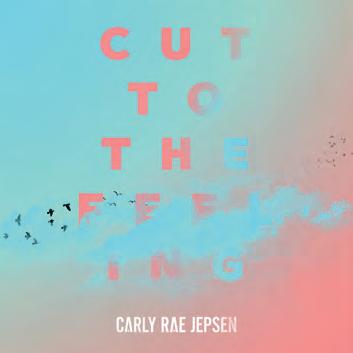
What’s your relationship with your songs? Have you loved every song you have written?
My relationship with each song is different. Some happen really quickly and some take forever and feel like an impossible task and drain all of your energy. Songs you think will be huge hits, die on the vine, and others you think won’t work become big hits. So this is a difficult question for me to answer – each song has its own life cycle.
I have not loved every song I have written. A good story is Jealous (Nick Jonas, 2014). It turned out to be a number one record, but I remember leaving the session the day we recorded it feeling that we had an ‘ok’ song. I look back to try to unlock what the magic was on that day. I am grateful as that song allowed me to alter and pivot to the way I hear and make music. It put me on the map and changed my career.
On the flip side, Cut To The Feeling (Carly Rae Jepsen, 2016) was a song I loved and had a really good feeling about. So I was really surprised when the record company didn’t want to put it on the album or the B side but instead it was put on sync, and was associated with a movie. However, when it came out, it did really well and I received high praise from the likes of John Mayer. Roll on to 2021 and I remember Cut To The Feeling was played at a wedding; everyone rushed to the dance floor and danced like crazy; I thought, this is what matters, not the red tape and bureaucracy.

What are the high and low points of what you do?
The high point is when the song is on the radio, and you kind of get this humongous validation that everything you did was right: people text you, people rush to work with you and your bank account gets a huge bump!
However, self-confidence can be broken down by ego and pride which get bruised when you get rejected. The lows are crippling; not knowing if you are on an upward trajectory – it’s not like corporate jobs, there is no ladder to the top in music. When you are in a low period, when you have written all these songs that haven’t gone anywhere, you get riddled with self-doubt, questioning whether you’ll ever write another successful song. It’s tough to believe in yourself, it’s the hardest thing. The only way I get through it is by telling myself that it will only get better if I get back to work, that I need to get into the studio, that it’s a numbers game; that today is the day I can write my next big hit. It helps because then success doesn’t seem that far away.
Most people would imagine you’d have to be an extrovert to work in music…is that how you describe yourself?
I would not describe myself as an extrovert. To my close friends I’d say I’m the loudest one of the group, but in professional circles I tend to be understated and quieter. The music industry is packed full of extroverts and A-type creatives who flaunt their idiosyncrasies. As a producer, my job is to get the best performance out of the artist or songwriter. A lot of times that means letting other people be the most important person in the room. If I’m the one talking the whole time, I’ll never be able to pull real content from the artist, and their brilliance will be shaded. Listening is such an important skill in songwriting. So, in short, I’m extroverted when I need to be: my job is all about getting the best from people which sometimes means mirroring their energy and, sometimes, it’s taking a backseat and just listening.
Did lockdown affected your creativity and workflow?
Lockdown definitely impacted my creativity and workflow. It’s hard to be inspired when there’s no change in routine and when there’s no in-person collaboration. Reading people’s body language and being together at the genesis of an idea is paramount in song writing, relying on people being honest and open with each other.
COVID isolated everyone and Zoom was a huge barrier; some artists actually refused to work that way.
I was lucky because I have my own studio so I could control the number of people who entered and I actually got a lot of work from abroad too, however, this way of working impacted the energy of the process.
How has lockdown affected the music industry and how has it coped?
I think people wrote songs with slower tempo, more songs out of isolation. On the pop side, it was more depressing style songs, with the music representing the angst, uncertainty and mental state of young people.
The industry suffered significantly, artists weren’t able to tour, which is how they make money and promote their music, and the music world went online completely for the first time ever. TikTok became the most important musical platform of 2020 and still is the biggest way to break songs. Although not necessarily for new artists because people became fans of the song they were hearing, rather than of the person singing the song. Influencers also became more important than ever before for promoting music.
Are there any lessons you personally, and the music industry in general, will take forward after lockdown?
For sure. The biggest thing that happened is that music became a lot more democratised. It wasn’t the record executives choosing what people would hear. Instead, the public chose what they wanted to be the hits and executives had to follow suit.
Music has also become more fickle. It has become a matter of who can capture the audience in the first five seconds; people’s attention spans have gotten shorter and so songs have gotten significantly shorter. They used to be between 3-3.5 minutes long, now it’s 2-2.5. It’s not good or bad,
it’s just a shift. The pendulum always swings back though and, at another point, the songs will get longer.
Access to more home equipment has widened, which might mean more music coming from people creating it at home. The music industry can sometimes be the canary in the coalmine, as it is a key element of the plunge pool of societal change. So it is usually the first entertainment business to innovate, with TikTok being a case in point because it was really the only way for artists to promote their music.
What do the next two years holds for you? What are you excited about?
I am excited about the number of new artists that are getting the chance to break through the noise; I am excited to be working with them and to be at the start of their journey. I am not trying to prove myself, what I really want to do is discover and sign and develop artists and songwriters and producers. I am looking forward to expanding my business and reuniting with artists who are ready to make new music again. I am excited for people to be able to go to live shows, I’m looking forward to seeing music being experienced in different contexts and environments.
What advice would you give to your 15-year-old self, sitting in a classroom in Sandy Lane?
Just be yourself, whoever that is and don’t let yourself succumb to peer pressure. It’s almost impossible to have a strong sense of self at such a young age, especially when there’s a hierarchy of who’s popular and who’s not. It’s easy to fit in, but it’s really hard to stand on your own two feet, especially during a time when being yourself draws a lot of attention. Other kids fear what they don’t know, all of us have insecurities. ■
